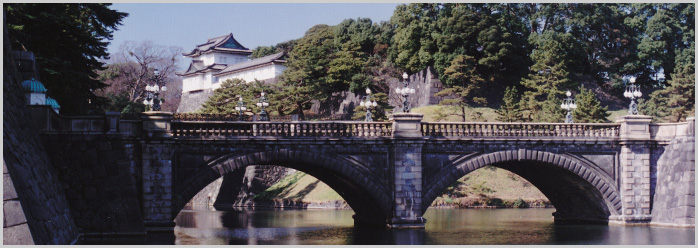Japan’s foreign and defense ministers announced on Wednesday that they are not moving forward with Prime Minister Shigeru Ishiba’s recent proposal to establish an “Asian NATO,” following opposition from key partners, including the U.S. and India.
Ishiba put forth the idea ahead of his victory in Japan’s ruling party leadership election last Friday, suggesting that an Asian NATO-style alliance could strengthen regional security. However, Indian Foreign Minister Subrahmanyam Jaishankar expressed doubts on Tuesday, stating that India does not share Ishiba’s vision. Last month, Daniel Kritenbrink, the U.S. assistant secretary of state for East Asia and the Pacific, also voiced hesitation, stating that it was premature to consider such a proposal.
“It’s one idea for the future, but it’s difficult to immediately establish a mechanism that would enforce mutual defense obligations in Asia,” Japan’s Foreign Minister Takeshi Iwaya said at a press conference in Tokyo. Iwaya emphasized that such a framework would not be directed at any specific country, responding to questions about whether the proposal targeted China.
Japan’s Defense Minister Gen Nakatani also downplayed the notion, stating, “In his instructions yesterday, the prime minister did not mention anything about an Asian version of NATO.” Nakatani’s remarks came during his first press conference since being appointed by Ishiba.
In a recent paper presented to the Hudson Institute, Ishiba argued that a regional alliance resembling NATO, involving the U.S. and allied nations, could act as a deterrent to China’s military ambitions in Asia. He suggested that such an organization could build upon existing groups and partnerships, including the QUAD—comprising the U.S., India, Japan, and Australia—as well as the trilateral security alliance between the U.S., Japan, and South Korea.

